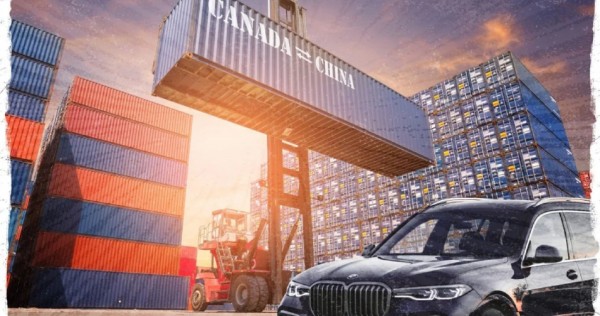
On April 15, a young man walked into a BMW dealership in Markham, Ontario, and signed a lease on a new X7 SUV, taking delivery of the C$140,000 (S$152,000) vehicle the next month. Within days, the luxury car was heading west on a 4,000km (2,500 miles) journey to Vancouver, British Columbia. And the chase was on – because this was no ordinary road trip. BMW said it started tracking the car via its onboard GPS after the buyer, who said his surname was Dai, failed to make his first lease payment; his bank account was fake, BMW said in court filings. The X7’s destination – its Canadian destination, at least – was a freight-forwarding company in the Vancouver-area satellite of Richmond. A GPS ping led to a warehouse where a bailiff found BMWs parked “bumper to bumper”, according to a petition for the vehicle’s seizure, lodged by BMW Canada’s financing arm in the Supreme Court of British Columbia. Then the GPS went dead, the X7’s battery apparently disconnected. BMW feared the vehicle was about to be loaded onto a ship and sent overseas – despite an explicit promise by Dai not to export the car, let alone his failure to…